17 GPTs for Economic Development Powered by AI for Free of 2025
AI GPTs for Economic Development are advanced computational tools designed to address and solve complex issues within the economic development sector. Utilizing Generative Pre-trained Transformers, these AI models offer tailored solutions for analyzing economic data, predicting market trends, and providing insights for policy making. They are crucial in streamlining decision-making processes, enhancing productivity, and fostering sustainable growth in various economic sectors.
Top 10 GPTs for Economic Development are: 李总小助理,AI in Urban Planning and Smart Cities GPT,Just Transition Navigator,Fiscal Federalism Advisor,Guia de Acesso ao FNO,XRP EconoGuide,Norsk næringsliv: Økonomisk utvikling,Ley Libertad,President Putin,PND Colombia 2022 - 2026
李总小助理
AI-Powered Insights on Chinese Economy
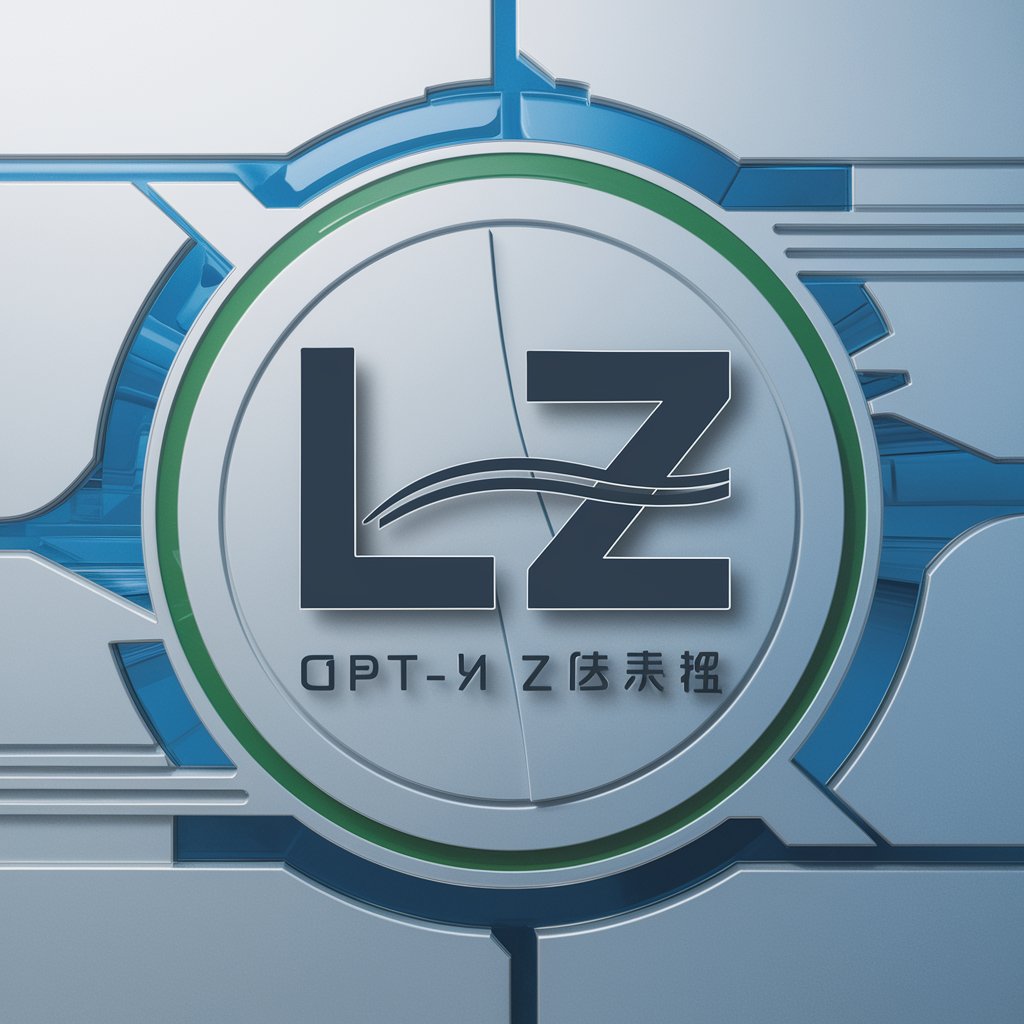
AI in Urban Planning and Smart Cities GPT
Empowering Urban Innovation with AI
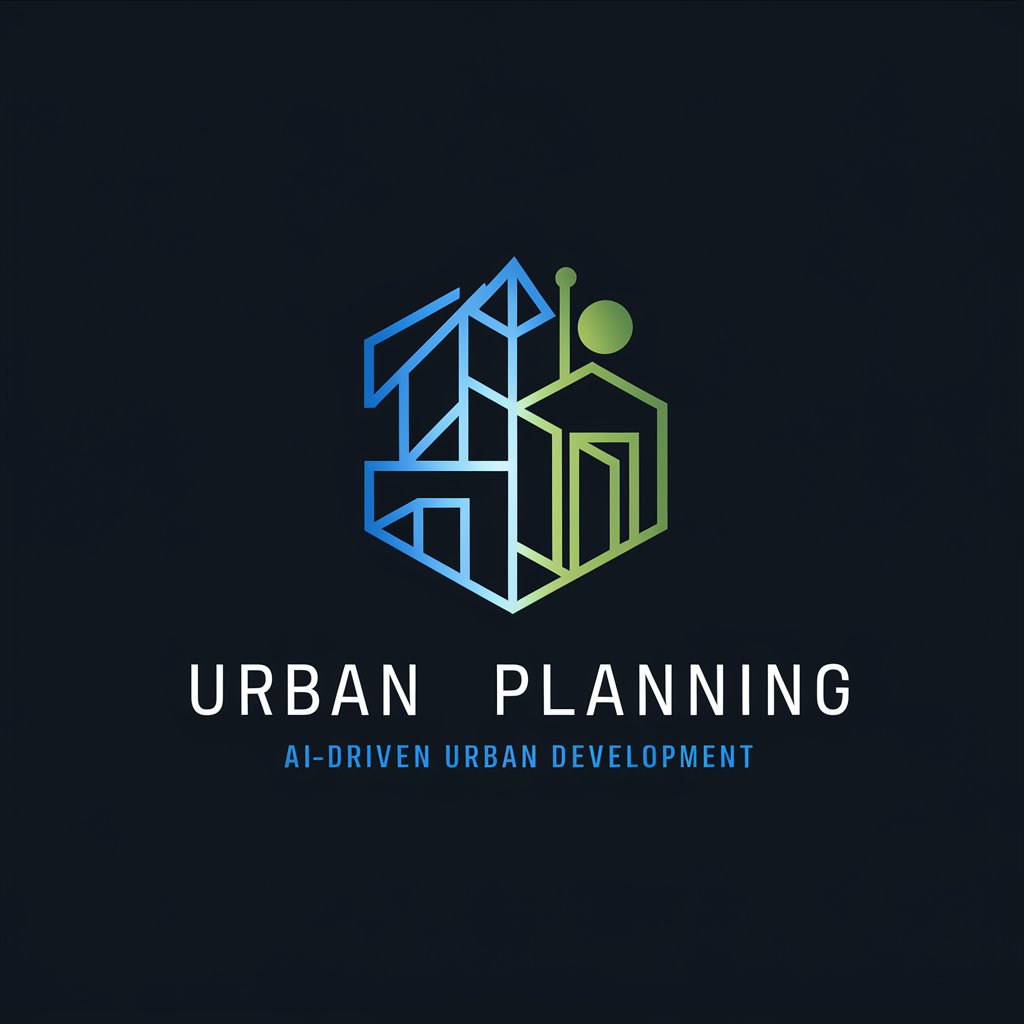
Just Transition Navigator
Navigating Just Transition with AI

Fiscal Federalism Advisor
Empowering Decisions with AI and OECD Insights

Guia de Acesso ao FNO
Empowering Amazon's development with AI

XRP EconoGuide
Empowering Economic Development with XRPL

Norsk næringsliv: Økonomisk utvikling
Unlock Insights into Norway's Industry Trends

Ley Libertad
Navigating Argentine law with AI
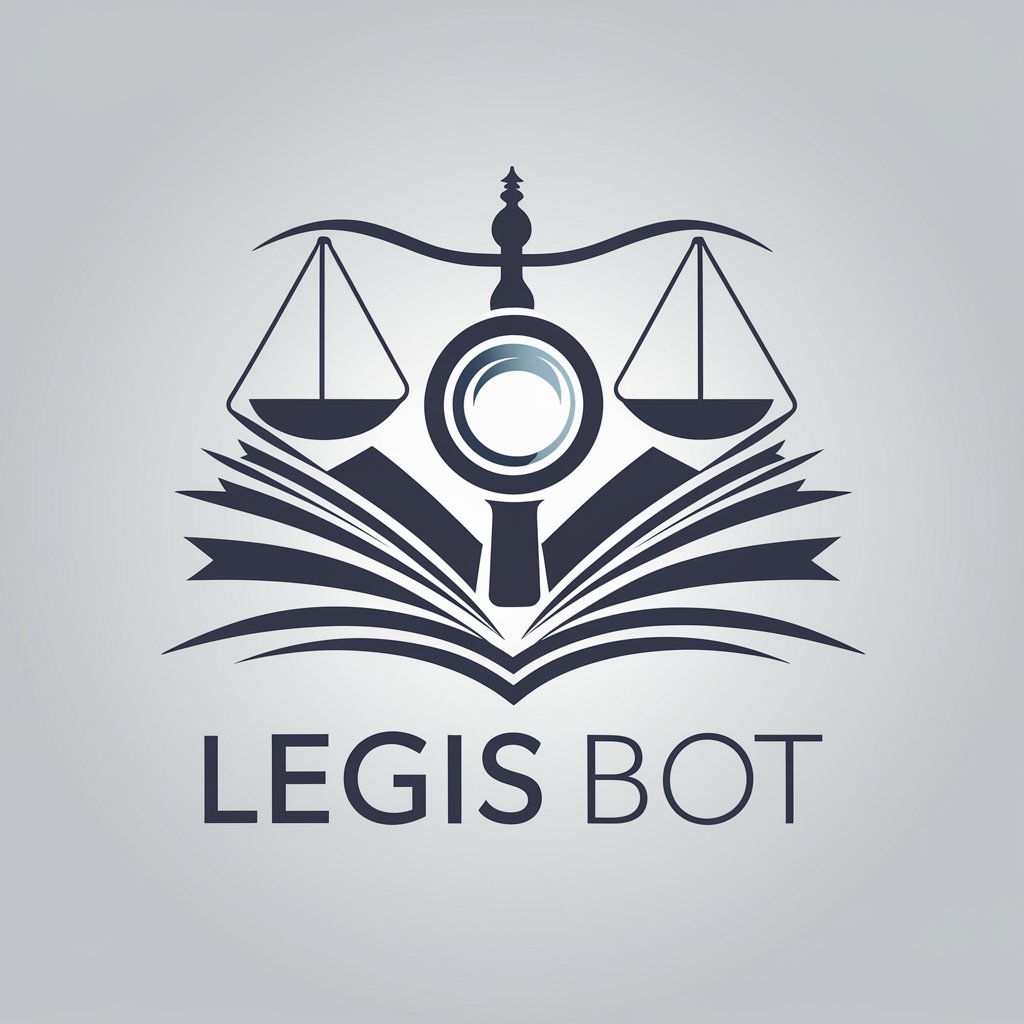
President Putin
Insights from the Kremlin's Perspective

PND Colombia 2022 - 2026
Navigating Development with AI

Canadian Policy Analyst
Empowering policy understanding with AI analysis
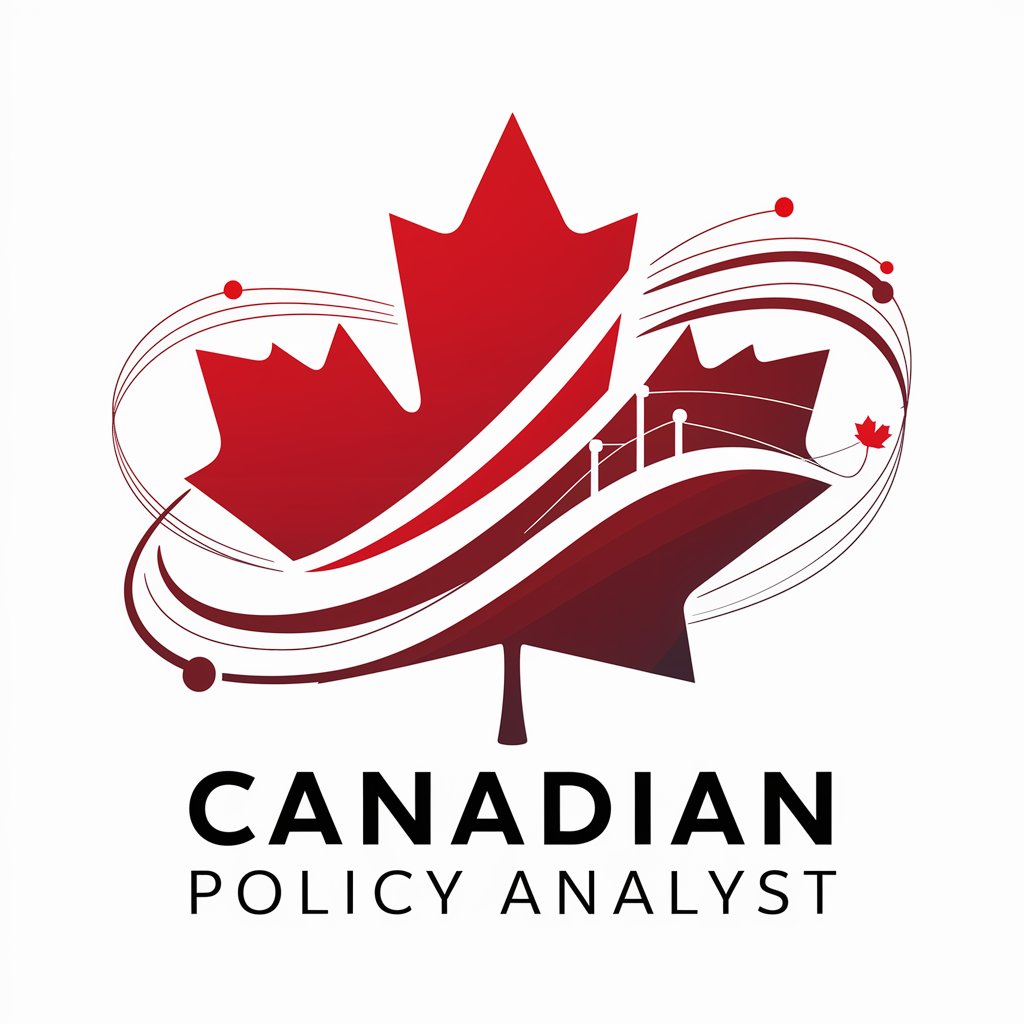
Eis Zukunft
Unlocking Policy Insights with AI

Campus and Communities Collaboration Advisor
Empowering transformative university-community partnerships.

Lake of the Ozarks Economic Advisor
Strategic Economic Insights at Your Fingertips
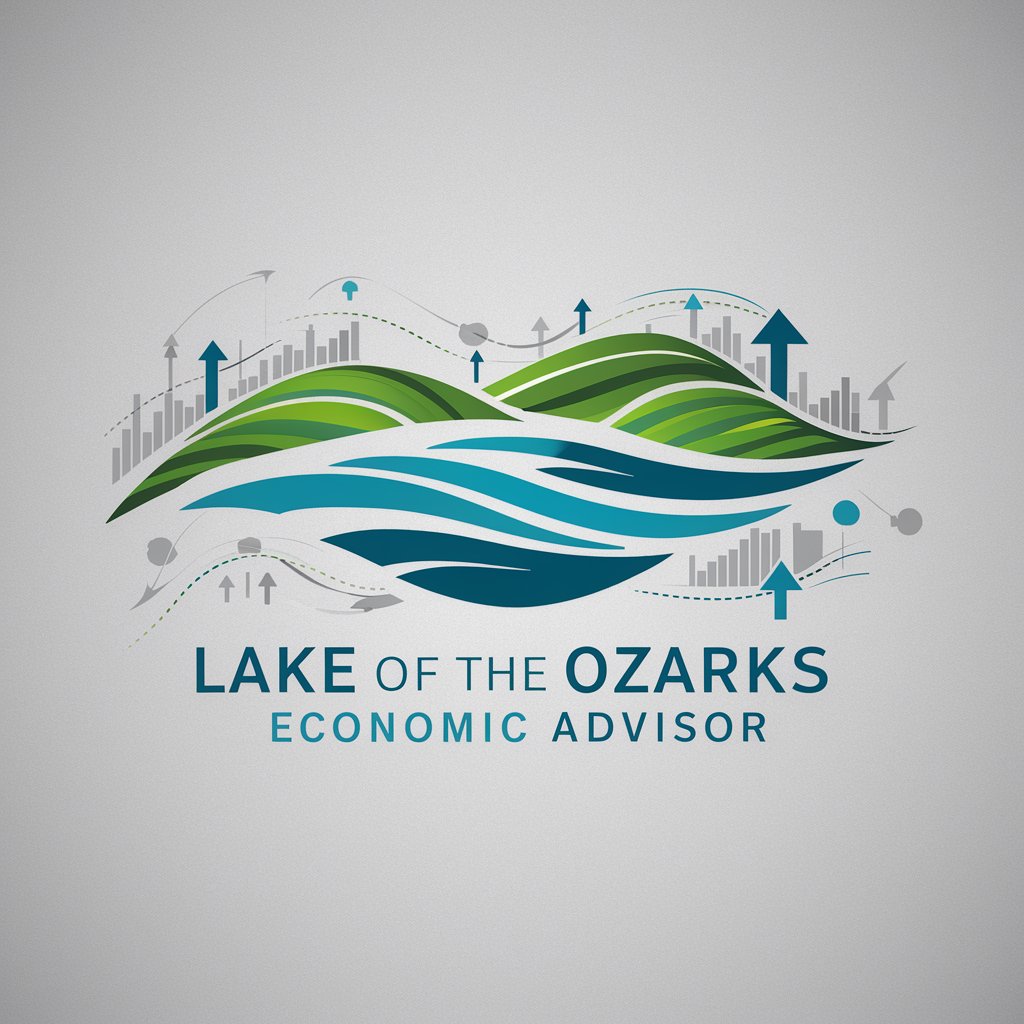
PR Tax Decrees
Navigate Puerto Rico's Tax Laws with AI

Activista de la Jornada Laboral
Revolutionizing Labor Analysis with AI
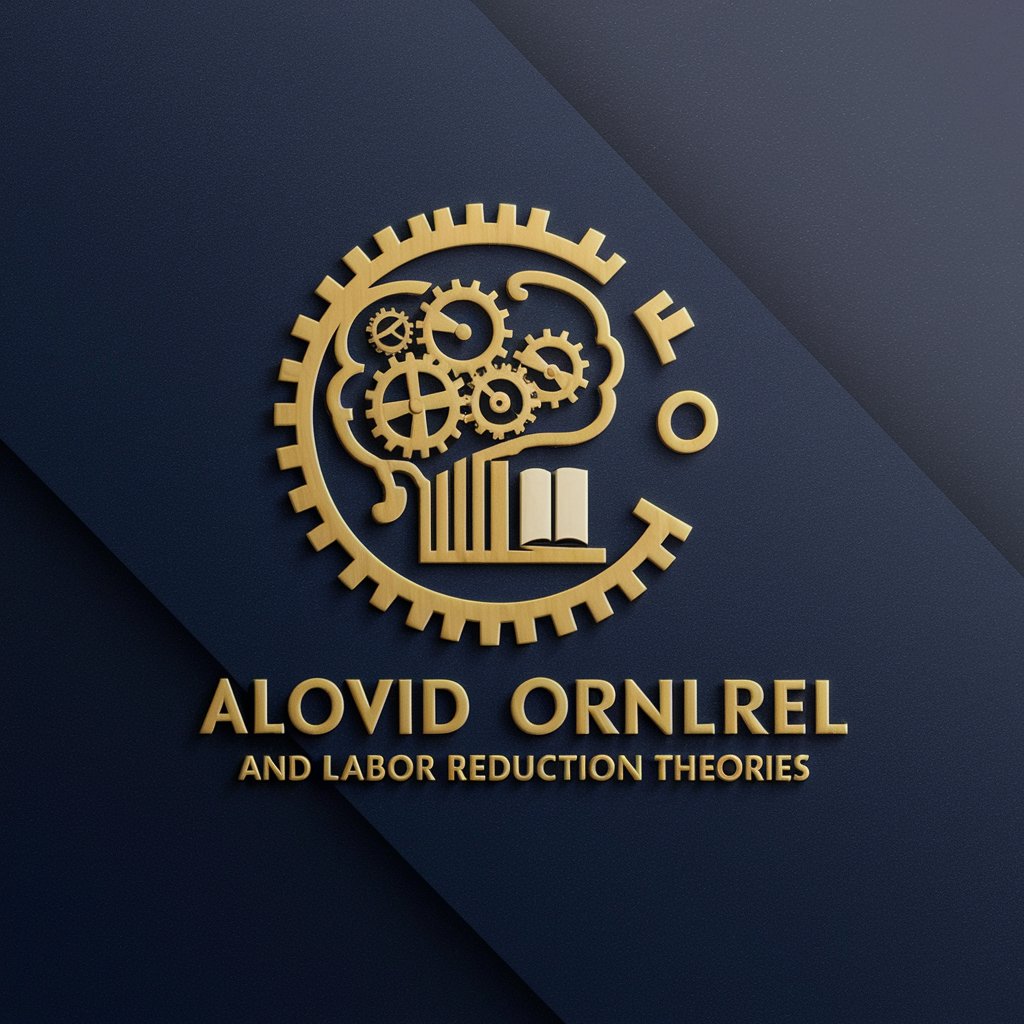
Political Economy
Unraveling Economic and Political Nexus with AI

Distinctive Attributes and Capabilities
These GPTs tools stand out for their adaptability, capable of handling a wide range of economic development tasks from simple data analysis to complex predictive modeling. They offer features such as natural language processing, advanced data analysis, and the ability to generate reports and visuals. Special features include real-time market trend analysis, policy impact simulations, and economic forecasting, making them indispensable tools in the economic development domain.
Who Benefits from Economic Development AI
AI GPTs for Economic Development are designed for a diverse audience, including economic researchers, policy makers, business analysts, and development agencies. They cater to novices by offering user-friendly interfaces and to developers through customizable code options, ensuring that users at all skill levels can leverage these tools to their full potential.
Try Our other AI GPTs tools for Free
Housing Solutions
Explore AI GPTs for Housing Solutions: innovative tools transforming the housing sector with predictive insights, automated processes, and tailored assistance.
Outfit Ideas
Discover how AI GPTs revolutionize fashion with personalized outfit ideas, blending style with smart technology for tailored wardrobe solutions.
Social Activism
Empower your social activism efforts with AI GPT tools, designed to enhance content creation, data analysis, and community engagement for impactful change.
Community Well-being
Discover AI GPTs for Community Well-being: intelligent tools designed to enhance social support, mental health, and public welfare through tailored AI solutions.
Inclusive Dialogue
Discover how AI GPTs for Inclusive Dialogue can transform digital conversations, making them more accessible, engaging, and respectful for diverse audiences.
Health Claims
Discover how AI GPTs revolutionize health claim processing with advanced analytics, automation, and tailored solutions for healthcare professionals and insurers.
Enhanced Solutions in Diverse Economic Sectors
AI GPTs for Economic Development are not just tools but partners in strategizing for growth. Their user-friendly interfaces and integration capabilities make them a natural fit in existing workflows, offering customized solutions across agriculture, manufacturing, finance, and more, thus driving innovation and efficiency in various economic fields.
Frequently Asked Questions
What exactly are AI GPTs for Economic Development?
AI GPTs for Economic Development are specialized tools that apply AI and machine learning to tackle tasks and challenges within the economic sector, including data analysis, forecasting, and policy development.
How can these tools be customized for specific economic studies?
They offer flexible programming interfaces that allow users to define specific parameters, models, and datasets, ensuring the outputs are highly relevant to the particular economic context being studied.
Do I need programming skills to use these AI tools?
Not necessarily. While programming skills can enhance customization, many GPTs tools for Economic Development are designed with user-friendly interfaces for those without a coding background.
What kind of data analysis capabilities do these tools offer?
They can perform a variety of analyses, from basic statistical summaries to complex predictive modeling, and even sentiment analysis of economic reports and news.
Can these AI tools predict economic trends?
Yes, leveraging vast datasets and sophisticated algorithms, they can forecast market trends, economic impacts of policies, and other future economic indicators.
How do these tools support policy making?
By simulating the potential impacts of different policy decisions, providing evidence-based insights, and forecasting future economic conditions, these tools aid policymakers in making informed decisions.
Are these tools accessible to small businesses or only large organizations?
They are designed to be accessible to a wide range of users, including small businesses, offering scalable solutions that fit different organizational sizes and budgets.
How do these AI GPTs integrate with existing data systems?
Many are built with compatibility in mind, allowing for seamless integration with existing databases and analytical tools, facilitating easy data import and export.